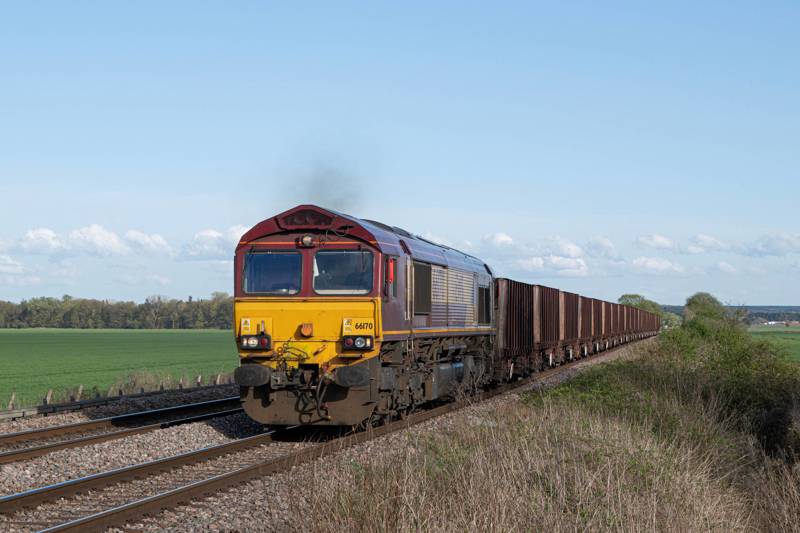
A senior train drivers’ union official has revealed the scale of the impact the closure of Scunthorpe steelworks would have on members.

A senior train drivers’ union official has revealed the scale of the impact the closure of Scunthorpe steelworks would have on members.
Simon Weller, ASLEF’s Assistant General Secretary, spoke to RAIL just before the recall of Parliament on April 12, which led to the government taking control of the Scunthorpe steelworks but stopping short of full public ownership.
Scunthorpe is the last factory in the country which can produce virgin steel, used in railways and construction projects. If Scunthorpe’s two remaining blast furnaces are shut down, they cannot be restarted, and the UK would become the only G7 nation unable to make virgin steel.
Thirty-four train drivers at DB Cargo UK's Immingham depot, as well as around 15 others based elsewhere, including Toton and depots in Yorkshire and the north east, would be affected if the blast furnaces were to close.
DB Cargo UK currently operates around 80 trains a week for British Steel; 70 of those carry raw materials between Immingham and Scunthorpe.
“For Immingham, there would be no work for them at all,” said Weller. “It would be a headache and certainly for drivers in the Lincolnshire area, I can’t see any other work…potentially if Northern were recruiting, but there certainly wouldn’t be any freight work.”
A DB Cargo UK spokesperson added: “As DB Cargo UK plays a critical role in the delivery of raw materials to British Steel’s Scunthorpe site, any change to the plant’s operations could have a significant impact on our operations. The Government’s recent intervention is therefore good news.
“In the meantime, we are in regular dialogue with British Steel and the Government who remain confident about the future operation of the blast furnaces and have committed to keep us fully informed of developments. In the meantime, it’s business as usual for our operational teams.”
The coking coal needed to power Scunthorpe’s blast furnaces arrives by ship at the Immingham Bulk Terminal and DBC trains carry it to the steelworks, a journey of just over 20 miles. The north Lincolnshire site provides Network Rail with around 95% of the rails it needs.
A recent two-year contract, during which British Steel’s Scunthorpe site supply Network Rail with more than one million tonnes of rail, equivalent to just under 12,000 miles of rail, concluded in March 2024.
Weller told RAIL the most sensible thing would to be nationalise British Steel: “If Scunthorpe goes, Britain would not be able to make rails… and we do need to think about what else is going on in the world…I think there has been a fundamental shift, for good or ill, and we need to have production in-house for as much as we can, certainly for critical national infrastructure such as the railways.”
Login to continue reading
Or register with RAIL to keep up-to-date with the latest news, insight and opinion.


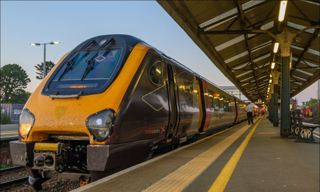
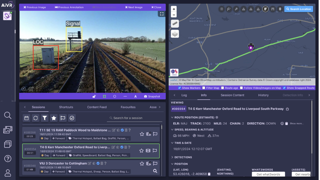
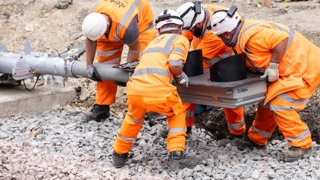
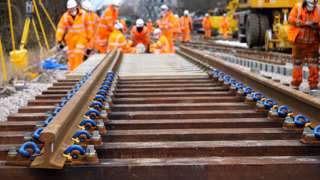










Daniel Pyke - 17/04/2025 10:47
If the blast furnaces closed they would be importing semi-finished steel instead of raw materials. That steel would need transport from the docks to the site/mills for rolling. It'd still be a big reduction in freight traffic though, probably about 2/3rds.